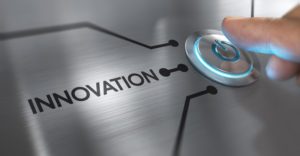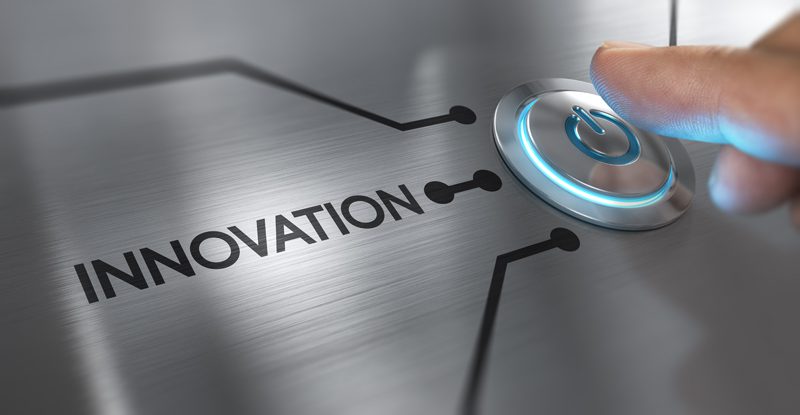 Alexa, driverless cars, computer phones that enable mobile communication, data access, virtual assistants that are really productive. All of the above and many other new technology that is dramatically changing our lives are here or will be in the next few years. And yet, John Michaelson with Michaelson Capital Partners is predicting a new Supercycle of Innovation is on the horizon.
Alexa, driverless cars, computer phones that enable mobile communication, data access, virtual assistants that are really productive. All of the above and many other new technology that is dramatically changing our lives are here or will be in the next few years. And yet, John Michaelson with Michaelson Capital Partners is predicting a new Supercycle of Innovation is on the horizon.
He says in an Opinion in the WSJ on May 10, 2017 that “Crashes are usually followed by massive economic reorganizations, spectacular outbursts of innovation, the creation of new industries, increased productivity and decades of growth. We have not seen the benefits since the crash of 2008.”
He also draws comparison the the period after the Great Depression with the development of “jet engines, TV’s, synthetic materials and even early computers.” Mr. Michaelson says that crashes bring on new innovation and companies are more willing to take risk. This new activity drives the weak companies out of business as the new ideas are developed and used. Companies are forced to innovate in order to thrive. Financial resources are reallocated to sectors that take risk. Accepted practices are replaced by new practices that produce new and better products. Companies that in the past were considered the standards of success are now vulnerable. The top companies that enter the crash rarely come out on top after the crash.
He blames “unprecedented government interference, policy, support and subsidy froze the economy and preserved the status quo”. Which propped up inefficient giants in business and banking, removed pressure on governments to reform and stifled upstarts. He also blames the activity in regulations that further propped up institutions That eliminated competition. Any new companies lacked scale to compete in this new world of regulations and government control. It also allowed the large companies to buy their competitors which removed completion in the marketplace.
He sees major changes coming on the horizon. These giant companies still operate with old legacy platforms some as far back as the 1970’s to 1990’s. These platforms are old and antiquated and certainly do not fit a world where mobile is the demanding description of what the consumer demands. We are now seeing innovative companies like Southwest Airlines developing new reservations systems thereby putting them in a position where Delta and American Airlines are several steps behind. Any company operating a legacy system puts themselves in a position where they will have trouble continuing to pay for systems that are “prone to catastrophic crashes and unable to ensure data security”.
Some examples that are on the horizon that will change how retail companies will operate in the future:
1. Elimination of checkout lines in stores
2. Elimination of companies that live in over stock markets as products are produced when ordered in the right sizes and shipped overnight
3. Look for companies that will drive sales per employee into seven figures, while the old legacy systems operate at $280,000/ employee.
4. Bricks and mortar stores will never go away but retailers will operate fewer stores as they drive revenue per employee higher and higher.
5. In retail think mobile-mobile-mobile
When you are at ICSC next week start to look at the companies that are represented at the conference. How many of these companies still operate with old legacy systems; How many are innovative; How many will be around in five years. How many senior executives know or have a clue what is happening? Believe me when you start to open your eyes and ask questions you will start to see the differences.


